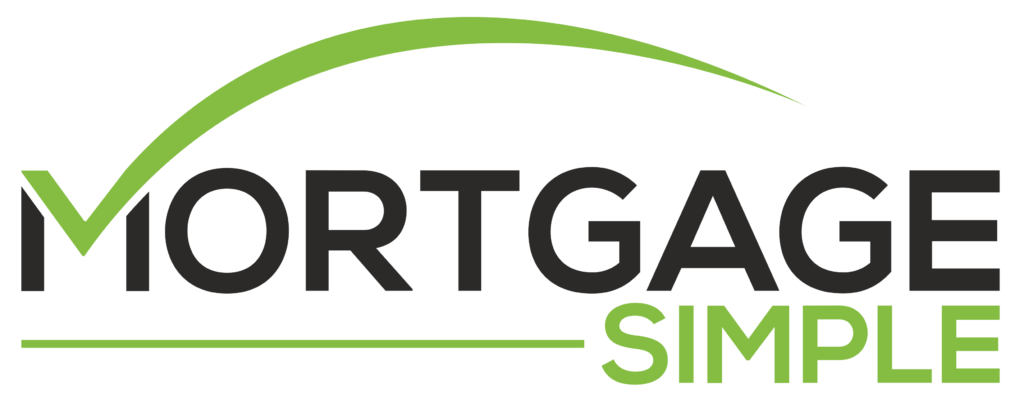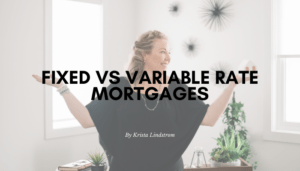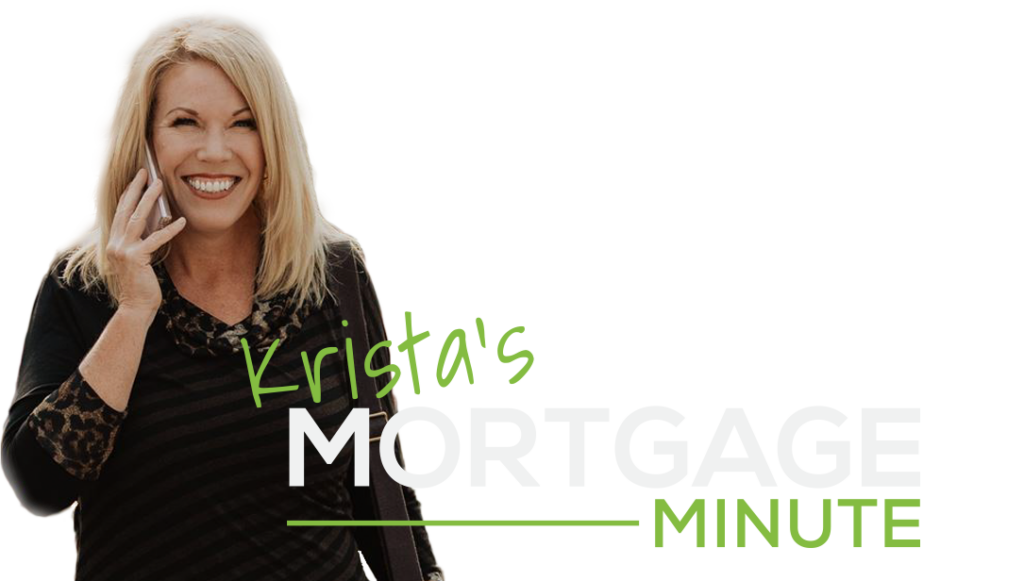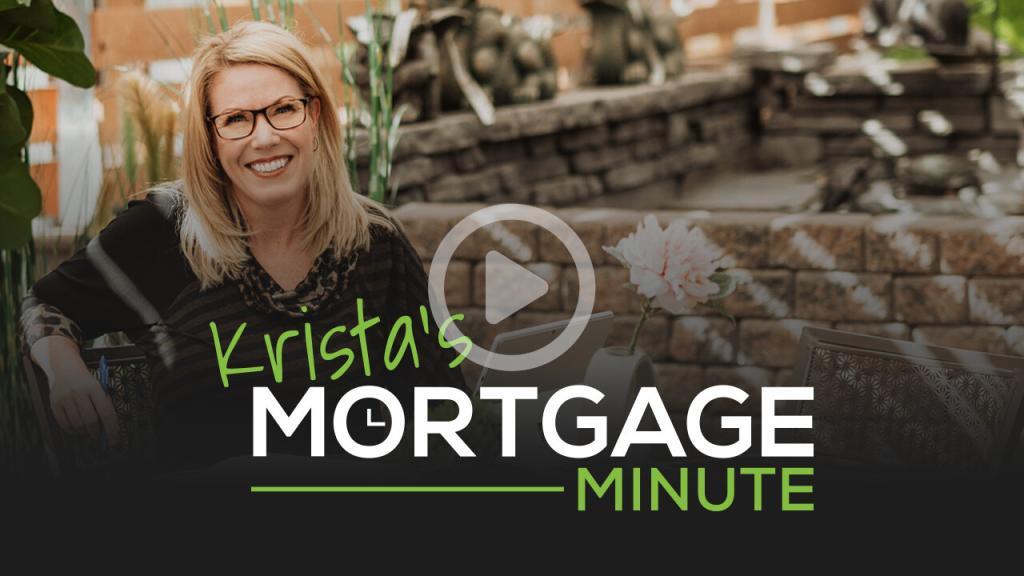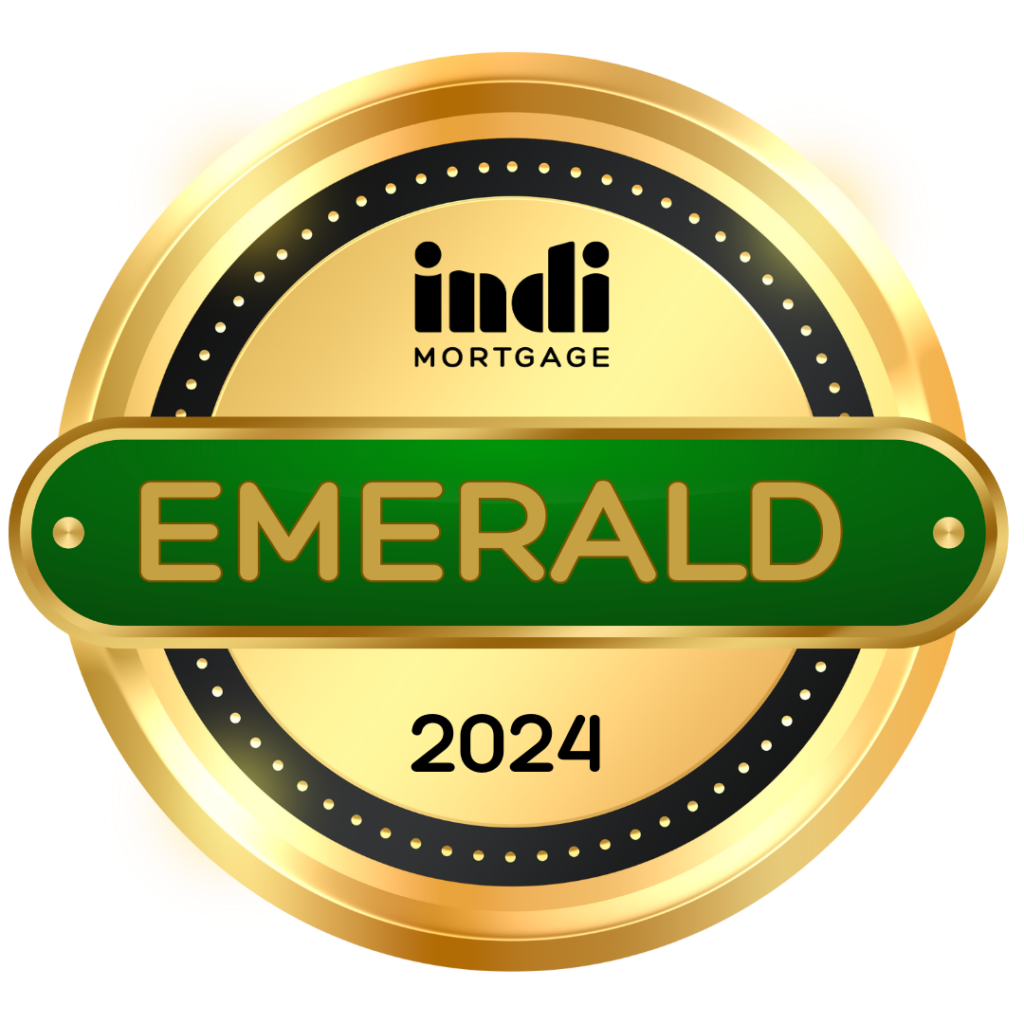We have all heard that times they are a changin’ when it comes to mortgages: many new rules and regulations change how you qualify for a mortgage in Canada. Well, I want to fill you in on how these will affect you, the consumer.
First, let’s get something out in the open here; I am a straight shooter. I do not sugar coat the truth to make it sound better than it is, nor will I hold back on something you need to know. That being said, here we go!
Mortgage Loans and Consumer Debt
To put it bluntly, it just got a whole lot harder to purchase a home.
Since we are talking opinion, I will offer mine. There are two sides to this. On one hand, as a mortgage broker I am paid a percentage of your loan amount. So, the more you borrow, the bigger my paycheck is. If that were all I cared about, I would say, buy the biggest and fanciest home you can get approved for. “Yes! you can totally afford that expensive house with a 75,000 a year family income.”
However, that is not all I care about. I was raised to believe that you should live within your means and not spend more than you earn; bad things happen when you fall into that trap. When this side of me sees a young couple buying a starter home with a hefty price tag of half a million dollars, I find myself torn; such a house is usually not a starter home. Granite counter tops, hardwood floors, and more than 2800 sq ft of space is a lot. I often ask if they ever considered that they may want to afford a lovely wedding, honeymoon, and maybe even a maternity leave. I worry should, heaven forbid, someone becomes sick or injured after signing the papers.
Thus, my go-to rule with lending is “just because you can, does not mean you should.”
That being said, I also believe that home ownership is a wonderful thing — it creates roots, and builds families. I understand the Federal Government’s concern surrounding debt. Consumer debt is the major issue they are worried about, not the “national housing market”. Many Canadians do not save enough, and we sure know how to spend. We are always trying to keep up with the Joneses. I wonder what makes us so unhappy that we need a closet full of expensive clothes or a brand new high-end car? When we understand and solve this question, it will lead naturally to less consumer debt.
Why is it that you can buy a car with zero money down? Why can you make minimum payments of almost interest only on your credit card? If the government wants to solve these debt problems, it is not with housing or mortgages; it’s with consumer debt. I feel if people had forced accountability for their finances (debt) they would naturally be wiser with their mortgages.
To explain in detail, I am going to break this up into two types of mortgages: “high ratio,” with less than 20% down payment, and “low ratio” or “conventional,” with greater than 20% down payment.
High Ratio Mortgages
This is how the new mortgage rules work. If you have a household income of 80,000 and let’s assume you have no debt and good credit, your purchasing power has dropped by $80K as a result of the “stress test” that must be performed by all lenders. The jury is out on this, is it bad or good? If you are a landlord it is great, as this will drive the rental market. However, it is bad for individuals because it’s now harder to qualify to purchase a home so Canadians are forced to rent so rents will go up and, in turn, so will consumer debt.
This is definitely not the goal the policymakers were aiming for.
Low Ratio (Conventional) Mortgages
If you are irked by the changes to high ratio mortgages, wait until you hear about conventional mortgages.
With the new changes that came into full effect on November 30, 2016, lenders are not allowed to back end insure mortgages. What does this mean? Historically, when you got a mortgage and with a 20% down payment, many lenders would bulk insure it thru one of three Canadian insurers without you knowing, and they would pay the insurance premium on it. It took away their risk of losing any money if you were to default on your mortgage. I TOTALLY support stopping lenders from doing this. Keep in mind CMHC insurance is paid for by Canadians with our tax dollars, and the last time I checked, if I made a bad decision as a business owner, that risk was on me – not Canadian taxpayers.
With the new changes that came into full effect on November 30, 2016, lenders are not allowed to back end insure mortgages. What does this mean? Historically, when you got a mortgage through a broker with a 20% down payment, many lenders would bulk insure it thru one of three Canadian insurers without you knowing, and they would pay the premium on it. This took away their risk of losing any money if you were to default on your mortgage. I TOTALLY support stopping lenders from doing this; this insurance is paid for by Canadians with our tax dollars, and the last time I checked, if I made a bad decision as a business owner, that risk should be on me – not Canadian taxpayers.
That being said, because lenders are not allowed to back end insure, they want to find a way to offer higher-value conventional mortgages and guess who is paying for it. You! Some lenders have either removed conventional mortgages from their product mix, others have increased the interest rate. So, if you have done the right thing and saved 20% down you may now have to pay more.
That totally ticks me off, and should upset you as well; These new rules penalize the savers. Good job bureaucrats – glad you clearly thought this through.
On the bright side, I do applaud the change to close the loophole so that only people who were living in their home as a principal residence before the house was sold are eligible to claim a capital gains exemption…. this was an excellent move, a great decision to bring in tax revenue.
In summary, I think some of the changes were necessary but the execution with only two weeks notice and the far-reaching impacts on Canadians were not considered to the degree I would have preferred.
These changes and their effects are why now more than ever, you need a licensed mortgage broker working for you. Mortgages and their associated rules can be confusing and involved with many choices. An experienced professional mortgage broker who knows all the products and can guide you into making good long-term financial decisions.
Krista Lindstrom has been a licensed mortgage broker for ten years and a good money manager her entire life. If you need good mortgage advice call 780-946-6222 or email [email protected]

